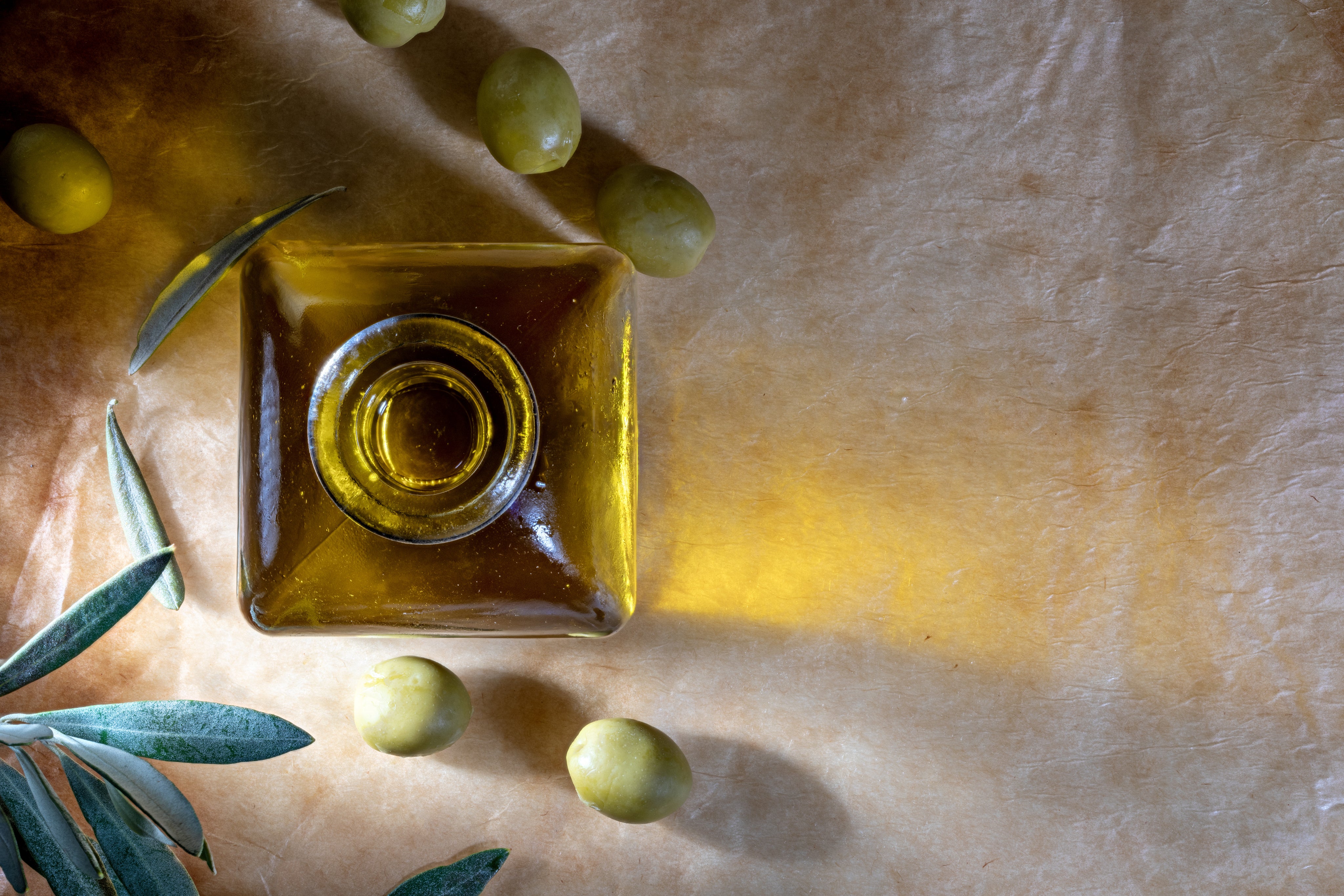
General Health Benefits of Extra Virgin Olive Oil (EVOO)
- OLIVAUS Study: A double-blind, randomized, controlled cross-over trial showed that high-polyphenol EVOO improves antioxidant capacity and reduces inflammation in adults at high cardiometabolic risk. (PubMed)
- Meta-analysis: A systematic review and meta-analysis found that consumption of high-polyphenol EVOO significantly improves cardiovascular risk factors, including total cholesterol and oxidized LDL. (PubMed)
- Polyphenols in EVOO, especially oleocanthal and hydroxytyrosol, exhibit powerful antioxidant and anti-inflammatory effects that help reduce oxidative stress and inflammation. (PMC)
- EVOO polyphenols can inhibit cancer cell growth by inducing apoptosis and reducing cell proliferation. (ScienceDirect)
- High-polyphenol EVOO may enhance cognitive function and reduce blood-brain barrier permeability, pointing to potential benefits in Alzheimer’s disease. (The Governor EVOO Study)
Other Relevant Findings
Greek honey
Greek honey, especially from thyme, pine, or wild herbs, is rich in bioactive compounds such as flavonoids, enzymes, and organic acids. Scientific research shows that Greek honey possesses antibacterial, antiviral, and antioxidant properties. It can strengthen the immune system, soothe coughs, and promote wound healing. Compared to industrially processed honey, it shows significantly higher biological activity.
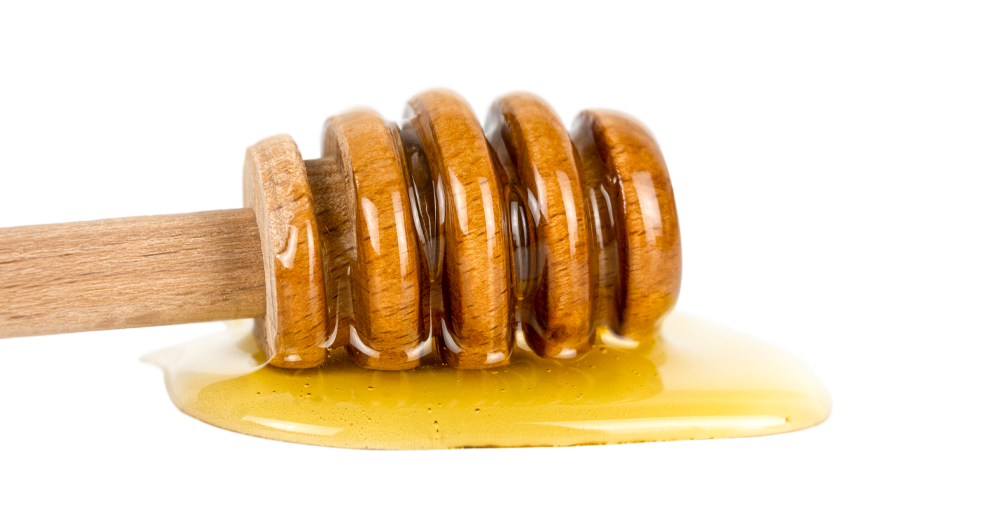

Effect:
Greek oak honey exhibits very strong antibacterial properties, often more potent than Manuka honey, especially effective against Staphylococcus aureus.
🧪 Study result:
Inhibition zones up to 18 mm, equal to or stronger than Manuka MGO550.
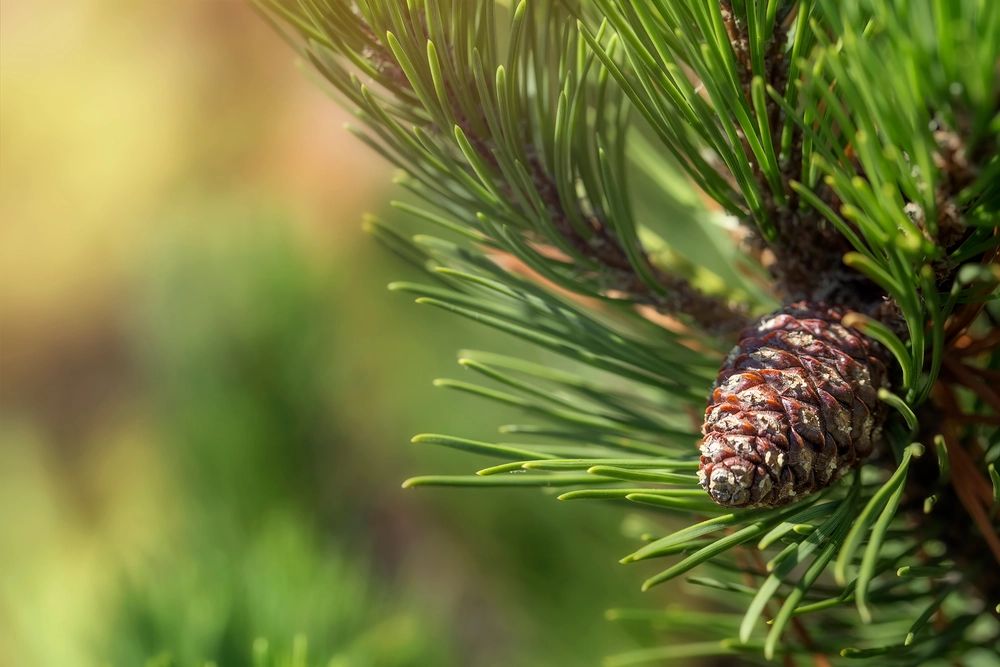
Effect:
Greek pine honey shows excellent antibacterial activity, with 40–75% of tested samples being equal or superior to Manuka honey, particularly against resistant pathogens.
🧪 Study result:
Low MIC values against S. aureus, E. coli, P. aeruginosa, Salmonella enterica.
🔗 ResearchGate – MIC comparison
🔗 Info – Geohoney
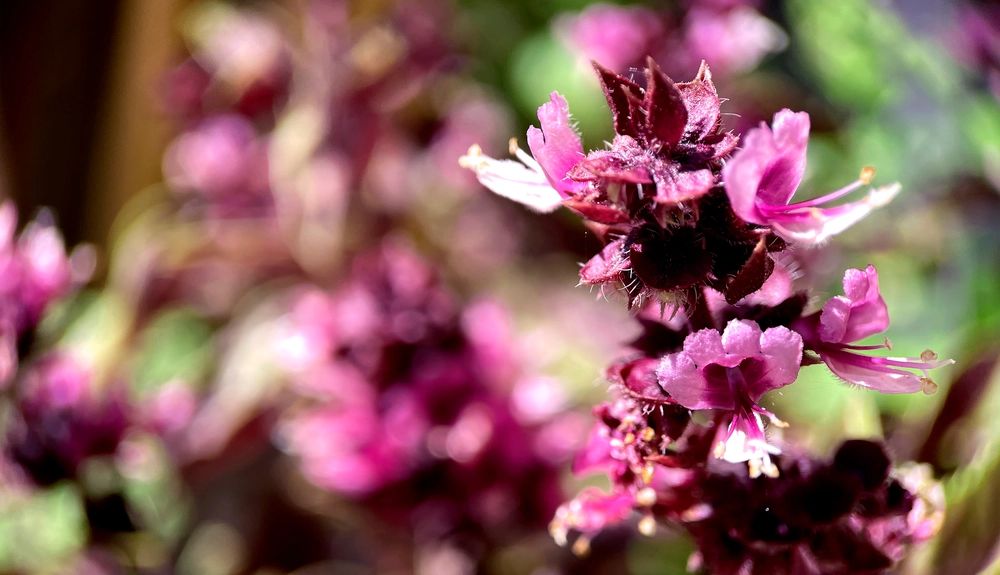
Effect:
Erica honey has strong antifungal and antibacterial effects and high antioxidant capacity – comparable to Manuka honey.
🧪 Study result:
Effective against Candida, E. coli, P. aeruginosa; high in phenolics.

Effect:
This rare fir honey has very high antioxidant activity, with DPPH values exceeding 60%, making it highly protective against oxidative stress.
🧪 Study result:
Equal or superior to Manuka in antioxidant power.
🔗 Nature Study
🔗 akjournals.com
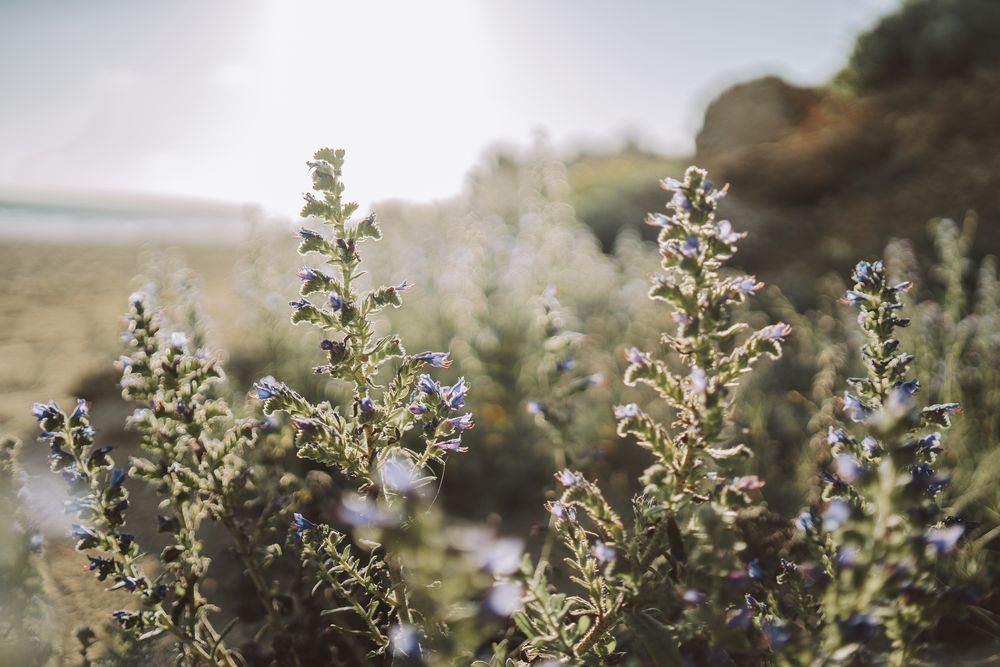
Effect:
Greek thyme honey has very high antimicrobial effects, comparable or superior to Manuka, especially against resistant bacteria.
Study result:
Effectively inhibits multidrug-resistant strains; rich in polyphenols and antioxidants.
Greek Herbs
The aromatic wild herbs of Greece – including oregano, mountain tea (Sideritis), Thymbra and dittany– are among the most powerful medicinal plants in Europe. Studies confirm that many of these herbs have anti-inflammatory, immune-modulating, and antimicrobial effects. Greek mountain tea in particular is the subject of extensive research: it is associated with antioxidant, cognitive-enhancing, and blood pressure-lowering properties. When combined with a balanced diet, Greek herbs can support health in a variety of ways.
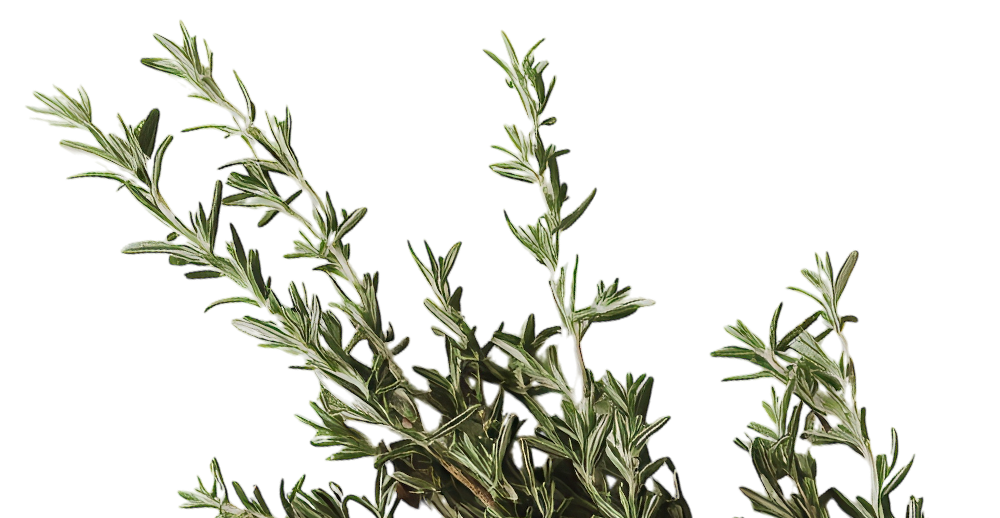
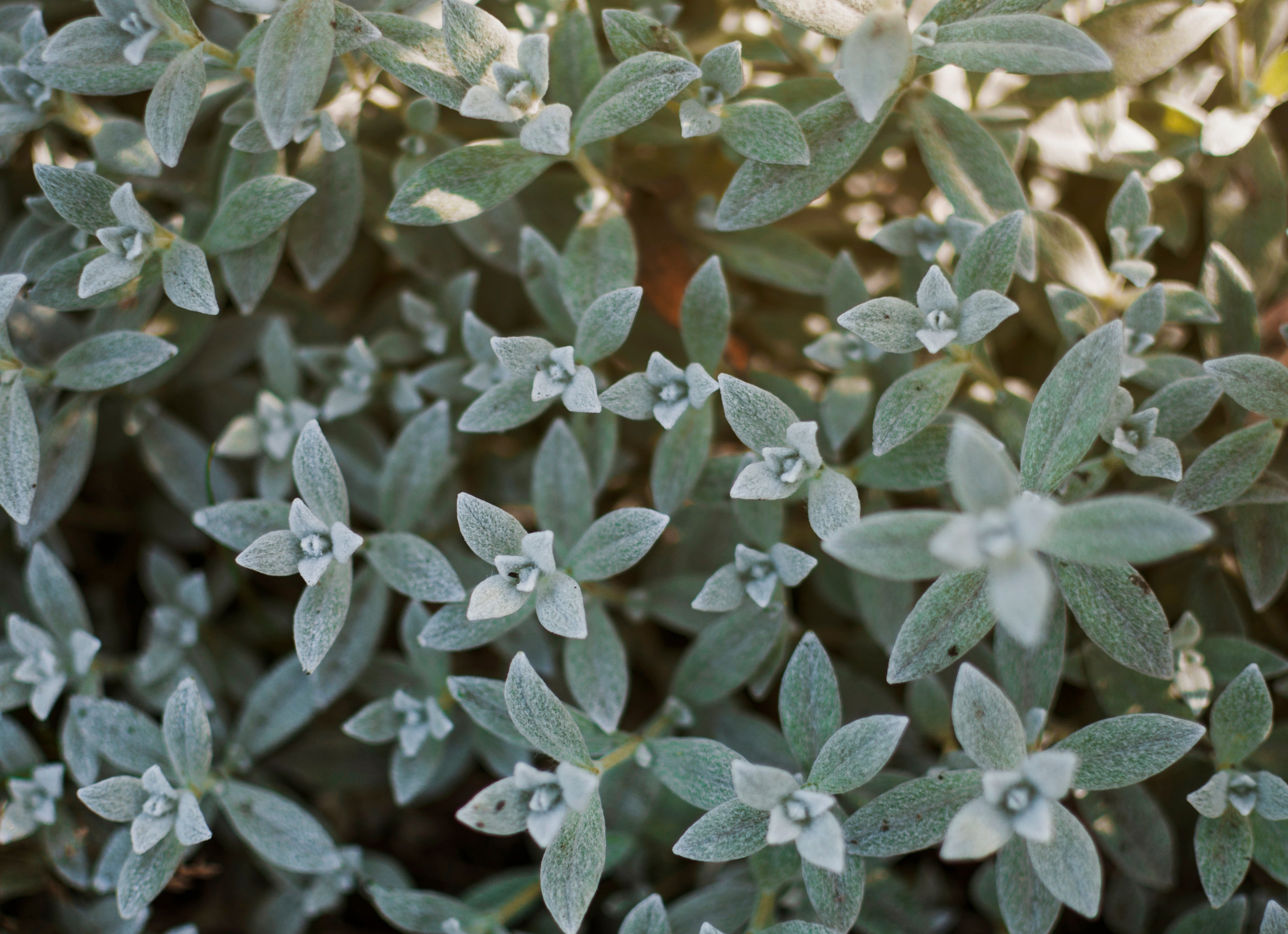
Study Topic: Antioxidant and antimicrobial properties
Source:
Title: Antioxidant and antimicrobial properties of Origanum dictamnus L.
Study Topic: Neuroprotective, antioxidant and anti-inflammatory effects
Source:Title:Sideritis species: A review of their traditional uses, phytochemistry, pharmacological activities, and potential application
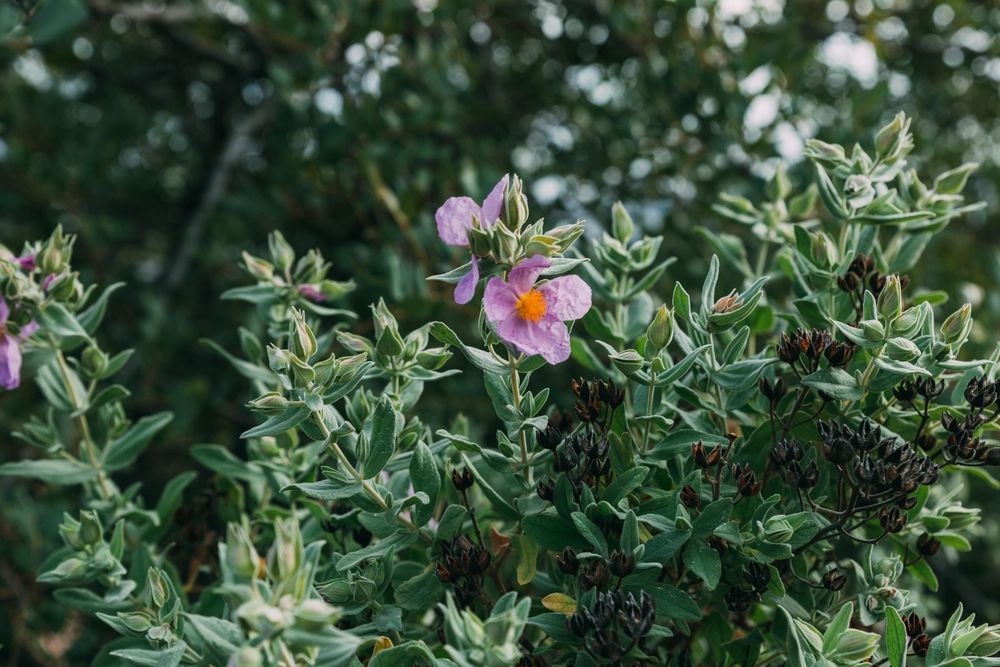
Study Topic: Antioxidant effect, impact on lipid profiles and inflammation markers
Source:Title:Effect of Cistus incanus herbal tea on oxidative stress markers and lipid profile in humans
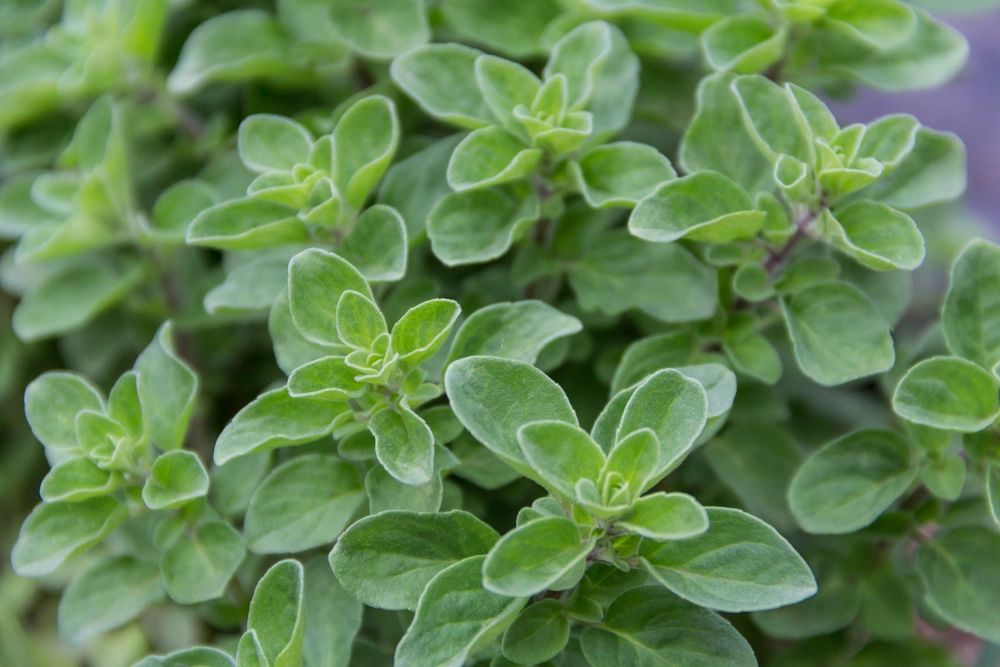
Study Topic: Biological activity of essential oils beyond antimicrobial effects
Source:Title:Essential Oils of Oregano: Biological Activity beyond Their Antimicrobial Properties
Study Topic: Anti-inflammatory, wound-healing and anti-aging properties
Source:Title:Exploring the Traditional Uses of Thymbra capitata Infusion in Algarve (Portugal): Anti-Inflammatory, Wound Healing, and Anti-Aging
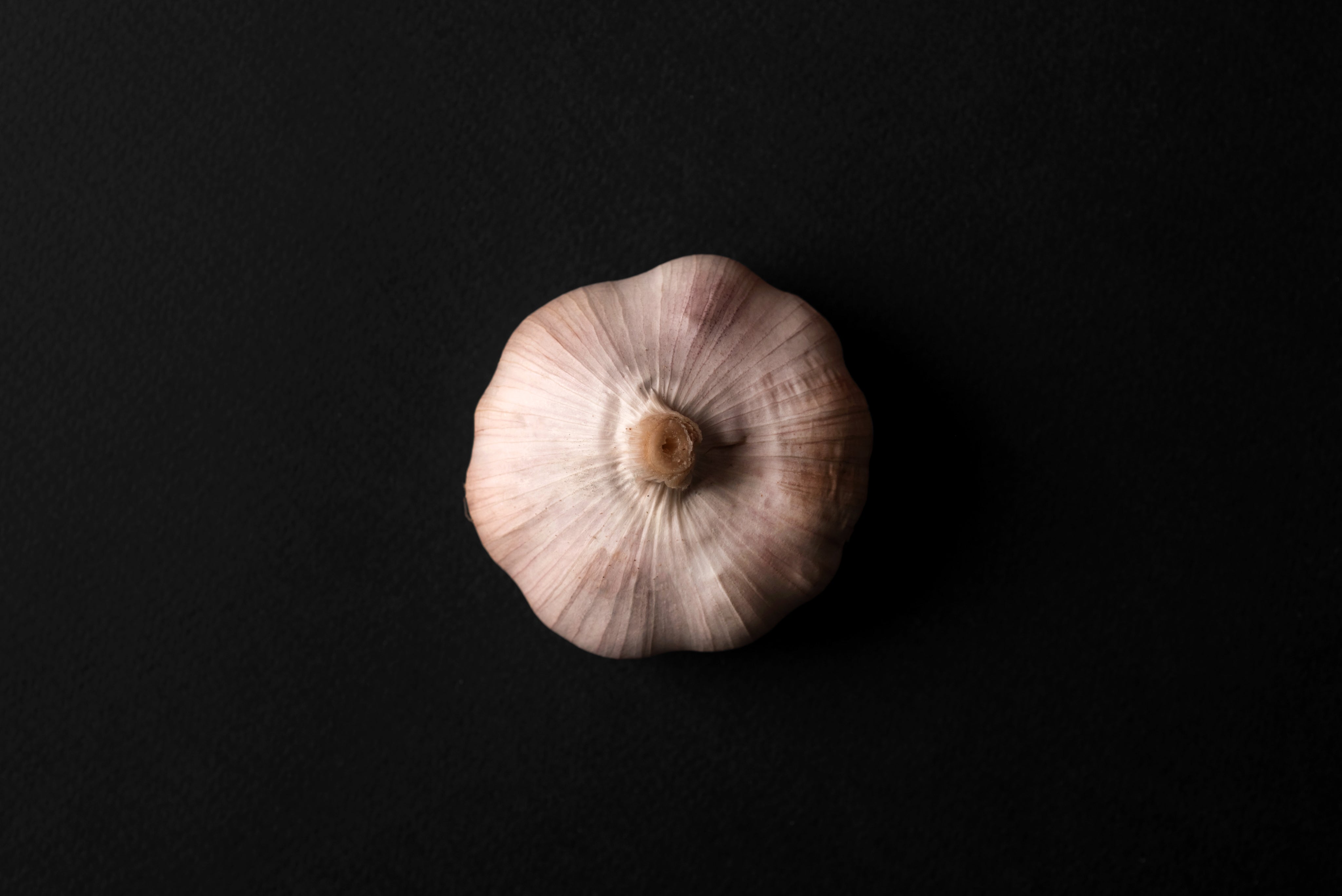
The Power of Fermentation
Black garlic is created through a natural fermentation process in which fresh garlic is aged under controlled heat and humidity. This transformation not only deepens its flavour, but also enhances its health benefits. During fermentation, S-allylcyteine is formed – a stable, bioavailable compound known for its strong antioxidant activity.
Scientific studies have shown that black garlic may help to reduce oxidative stress, support the immune system, and regulate cholesterol and blood pressure levels. It is also gentler on the stomach and odor-free compared to raw garlic.
This study highlights the antioxidant properties of fermented garlic, particularly the formation of S-Allylcysteine, which is more stable and bioavailable than allicin.
Source:
Kimura, S., et al. (2017). "Black garlic: A critical review of its production, bioactivity, and application." Journal of Food and Drug Analysis, 25(1), 62–70.
https://doi.org/10.1016/j.jfda.2016.11.003
This study shows anti-inflammatory and vascular-protective effects of black garlic compounds.
Source:
Ryu, M. J., et al. (2014). "Aged black garlic exerts anti-inflammatory effects by inhibiting NF-κB activation in LPS-induced RAW 264.7 macrophages." The Korean Journal of Physiology & Pharmacology, 18(1), 61–67.
https://doi.org/10.4196/kjpp.2014.18.1.61
Although focused on garlic in general, this study explains the immunomodulatory effects that are enhanced through fermentation in black garlic.
Source:
Amagase, H. (2006). "Clarifying the real bioactive constituents of garlic." The Journal of Nutrition, 136(3 Suppl), 716S–725S.
https://doi.org/10.1093/jn/136.3.716S
Black garlic is gentler on the stomach because the harsh sulfur compounds are transformed during fermentation.
Source:
Choi, I. S., et al. (2014). "Investigation of the antioxidative and anti-inflammatory effects of black garlic extract." Journal of Medicinal Food, 17(7), 803–810.
https://doi.org/10.1089/jmf.2013.3081
This study describes the liver-protective antioxidant mechanisms of black garlic.
Source:
Zhang, Z., et al. (2016). "Black garlic protects liver cells from oxidative stress and apoptosis via regulation of the Nrf2 pathway." Food & Function, 7(3), 1330–1337.
https://doi.org/10.1039/C5FO01272K



